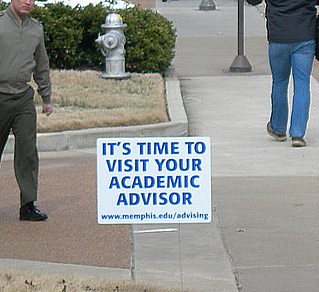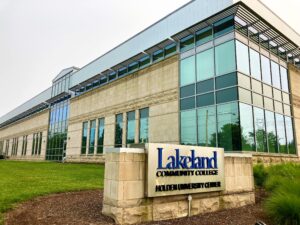A survey published recently by Inside Higher Ed reveals serious quality gaps in academic advising. Among community college students, fewer than half say they’ve received the academic advising they need to graduate.
The survey, which polled more than 3,000 two-year and four-year students, suggested that nearly two-thirds of White students received the academic advising they needed to graduate. Only about half of Black, Asian, and Latinx students said they’d received the information they needed to complete their academic programs.
Low-quality academic advising is a major problem for students. So much so that colleges and universities have turned to software programs to help students decipher their program requirements. But knowing which courses will fulfill graduation requirements isn’t the only assistance students may need.
Students who intend to earn a higher-level degree need to understand clearly which courses do and do not transfer to four-year institutions. Not knowing – or getting coursework wrong – means repeating coursework at an institution that may be 6-10 times more expensive. That’s a waste of the student’s time and money. When there is no articulation agreement in place, students need to know how to get the institution they plan to attend to consider their completed coursework as transfer credit. They also need to know which courses better position them to be accepted into programs and schools of their choice.
There’s no valid excuse for providing low-quality academic advising. High quality academic advising is probably one of the easiest and most cost-effective ways to help community college students graduate and/or transfer to another school. Yet, semester after semester, community colleges miss the opportunity to provide students with the information they need to succeed academically.
Academic advising in the one thing that needs to be right
When disadvantaged students don’t receive the right academic advice and information, don’t find out about valuable resources, and don’t learn how to access support systems, they succeed much less often. That’s more than disappointing; it means that the workforce doesn’t benefit from well-educated, well-qualified workers who also happen to be minorities.
For low income students, academic success is hard enough to come by. Our institutions don’t really need to compound the problem by throwing up barriers – purposely or otherwise – to their success. They also don’t need to ignore students and trust that the academic advising software is working.
Regardless of a student’s race or economic background, our community colleges owe every student the best possible chance at completing their program.
Photo Credit: Karen Thurmond, via Flickr
















